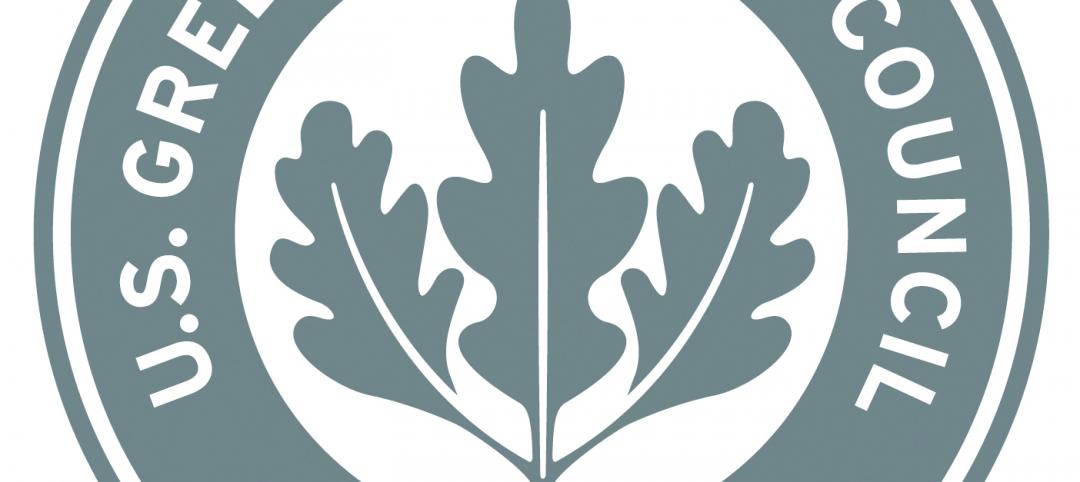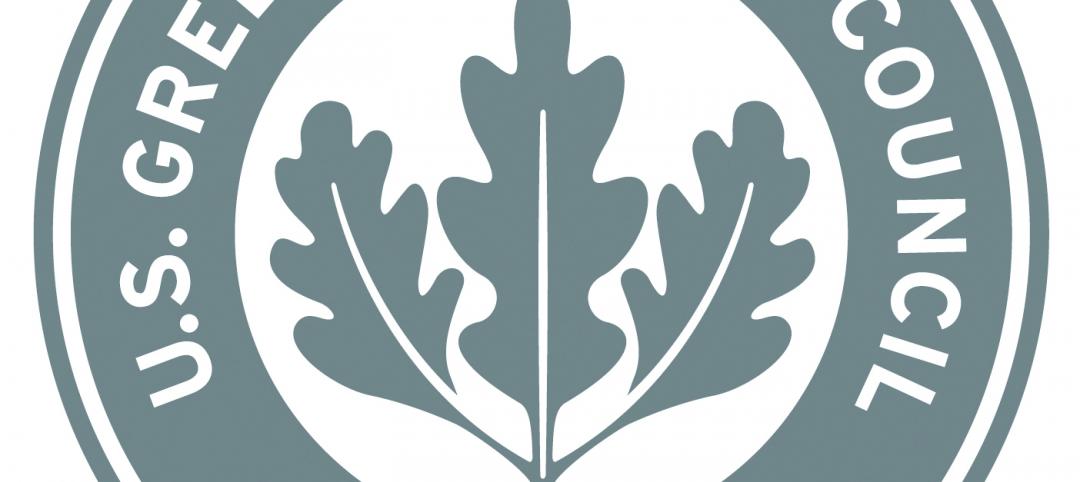The continued growth of zero energy buildings (ZEB) will be driven by commitment from developed and developing economies in pursuing ZEB targets, enforcement of stringent global building codes and standards, and advancements in building technologies.
That’s the assessment from a new report, Global Zero Energy Buildings (ZEB) Promise New Efficiency Beyond Cost and Innovative Technologies, 2020 by Frost & Sullivan. Today, less than 1% of the buildings in the world are ZEB-certified, the report says.
ZEB market restraints include ambiguities and inconsistency issues resulting in the absence of a universally approved definition and approach to ZEB. Also, current up-front costs for deploying ZEB technologies are high, and most building occupants are not ready for large-scale ZEB adaption.
The report looks at the ZEB market in five technological segments: high-performance heating, ventilation and air-conditioning (HVAC) Systems; energy-efficient lighting; solar photovoltaic (PV) systems and solar thermal systems; and energy-efficient building envelope materials. The market revenue of these technologies in 2019 was $86.1 million, the report says.
The report is available at: https://www.reportlinker.com/p06000043/?utm_source=GNW
Related Stories
| Feb 23, 2012
Federal budget cuts put major building projects on hold
A plan to build the National Bio and Agro-Defense Facility in Kansas is among several major building projects in jeopardy after the Obama administration’s 2013 budget was unveiled. The budget would cut all construction spending for the facility.
| Feb 23, 2012
Federal agencies fixed on leasing LEED-certified space
The federal government is especially focused on renting LEED-certified spaces.
| Feb 23, 2012
Regulators investigating construction accident at World Trade Center
The New York Port Authority and the city’s fire and building departments are investigating an accident at the World Trade Center construction site in lower Manhattan after a crane dropped steel beams that fell about 40 stories onto the truck that delivered them.
| Feb 23, 2012
New Virginia statewide building code goes into effect March 1
After March 1, all building plans in Virginia must adhere to the 2009 code that was adopted a year ago.
| Feb 23, 2012
Privatizing flood insurance could lead to new code requirements
One thing that could pave the way toward private flood insurance would be NFIP reforms, like requiring new construction in flood-prone areas to be elevated.
| Feb 22, 2012
ACI BIM manual for cast-in-place concrete in development
The improved communication, coordination, and collaboration afforded by BIM implementation have already been shown to save time and money in projects.
| Feb 20, 2012
Comment period for update to USGBC's LEED Green Building Program now open
This third draft of LEED has been refined to address technical stringency and rigor, measurement and performance tools, and an enhanced user experience.
| Feb 20, 2012
GAF introduces web portal for architects and specifiers
The new portal offers a clean look with minimal clutter to make it easier to find the technical information and product data that architects need.















